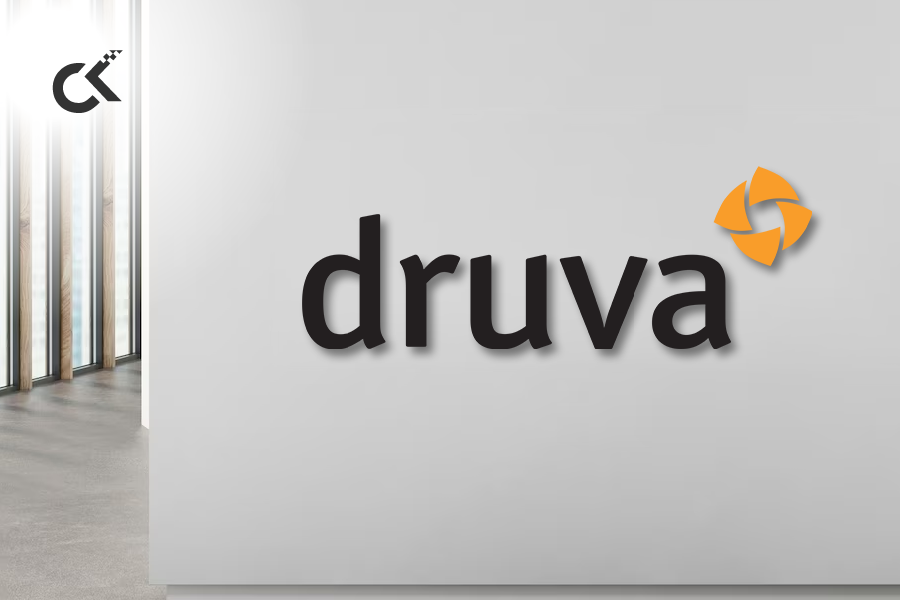Digital literacy is the ability to identify and use technology confidently and critically to meet the demands of living, learning and working in a digital society. While literacy levels can vary according to individual capacities, digital literacy within a business context refers to enterprises that possess the awareness, understanding and underlying abilities to optimize the use of digital tools for organizational purposes.
Digital literacy is no longer the knowledge of effectively using our mobile apps or engage on social media. Businesses are increasingly faced with the ultimatum of going digital or going bust, particularly after the COVID-19 pandemic and lockdowns of physical establishments.
The onus is now on the businesses to technologically reinforce themselves in today’s economy, which they can do by combining internal efforts and getting the required help from experts providing digital transformation services.
Digital literacy’s role today
The need for digital transformation
A joint survey by Microsoft and IDC Asia Pacific showed that approximately 75 percent of Singaporean businesses had to accelerate the digitalization of their operations to survive through COVID-19. These enterprises took significant hits to their revenue, due in no small part to forced closures and reduced operating capacities from lockdowns, thereby hastening the transition of processes and offerings to online platforms to ensure operational and business continuity.
The findings exemplify how going digital would aid businesses in optimizing digital tools and platforms (such as internet browsers and software applications) to strengthen the quality, efficiency and productivity of operations. This emphasizes the need for businesses and their employees to be digitally literate so that they can further understand the digital gaps in their operations and determine which digital solutions are required, in addition to becoming competent in fully utilizing such tools.
One example of a digital skill that is transforming how businesses operate (and for others to easily adopt) is social selling, a lead-generation technique that involves salespersons directly interacting with prospective customers through social media platforms. A study showed that 39 percent of B2B professionals experienced a significant reduction in the amount of time taken to search for potential leads with social selling as opposed to traditional non-digitized sales methods such as cold calling.
Why digital literacy is now crucial
Digital productivity
A study in 2020 saw 43 percent of participants deeming the lack of digital skills as the biggest hindrance to their digitization projects. With the increasing role of digital transformation occurring in the world today, it is imperative that businesses have the capacity to maximize the utility of the digital tools available.
Dedicated efforts to digital literacy will equip the workplace with the ability to critically analyse the features of these digital tools and identify if these tools are in the most updated versions. Businesses can assess if the existing tools require upgrades while reducing their own cognitive load of understanding the technicalities of these tools, hence maximizing the productivity of their processes.
Cybersecurity awareness
Digital literacy incentivizes businesses to make more well-informed decisions regarding the potential digital threats present in the online environments. With notable digital breaches such as the 2020 Twitter breach, which saw prominent figures being indirectly involved in a bitcoin scam, it is ever more crucial for businesses to possess the digital knowledge and skill to protect itself from online threats.
Businesses can use their digital literacy to also proactively develop sound practices in safety measures like effective password management and using open-source intelligence (OSINT) tools that will strengthen corporate immunity to potential cyber-attacks or data threats.
Digital dexterity and adaptability
The successful outcome of new technological adoptions (such as utilizing workplace collaboration tools like Zoom or conducting cloud migrations) is reliant on how adaptive employees are to new technologies. A comprehensive digital understanding of digital tools such as cloud networks, enables businesses to become more agile towards tweaking their work processes according to these new platforms.
A business could leverage their acquired digital knowledge and methods to innovate business solutions that address existing operational issues. For example, using IoT to enhance shipment monitoring technology (like installing RFID tagging on shipment containers for real-time tracking) is possible only when the logistics company in question possesses the know-how of the process.
Building and improving workplace digital literacy
Internal efforts
Regular training for employees helps keep them attuned to the ever-evolving technological updates occurring in the digital world. Personal awareness of cyber threats is also fostered where employees can translate their own individual online security practices into the business’ digital footprint.
Periodic performance audits can also be supplemented to regular employee training as it would illustrate how efficient the workplace currently is at understanding and managing their digital environments. These audits can be integrated into cyclical appraisals which would indicate specific areas of improvement needed to be addressed to ensure a higher rate of continuity towards digital literacy in the workplace.
Getting outside expert help
External parties – such as professional digital transformation companies – can address the intellectual and technical disparities that exist between a business and the technology it wishes to adopt through services such as cloud consulting.
For instance, a client of ours was previously undergoing a cloud migration but required external help in automating the migrating process. By facilitating the transfer of the client’s data to the ARMS (Arcus Region Migration Automation) platform plan, we managed to provide a self-service toolkit that enabled our client to swiftly migrate their data while allowing for different departments to independently collaborate digitally on the platform. The result of this solution was that the client was able to achieve a migration cutover with zero error and with minimal downtime.
Thriving in the digital age
An environment that encourages continuous digital learning is imperative to the digital literacy of the workplace due to the constant upgrades of our technological world. As the trend of digital migration continues to penetrate corporate infrastructures, the depth of digital education will be magnified for all working professionals.
Empowered by digital literacy, the quality of online collaboration and problem-solving initiatives will be improved. Such growth only adds to the fundamental efficiency of data governance, enhancing a business’ readiness to not only survive, but flourish in the digital age of today and tomorrow.




